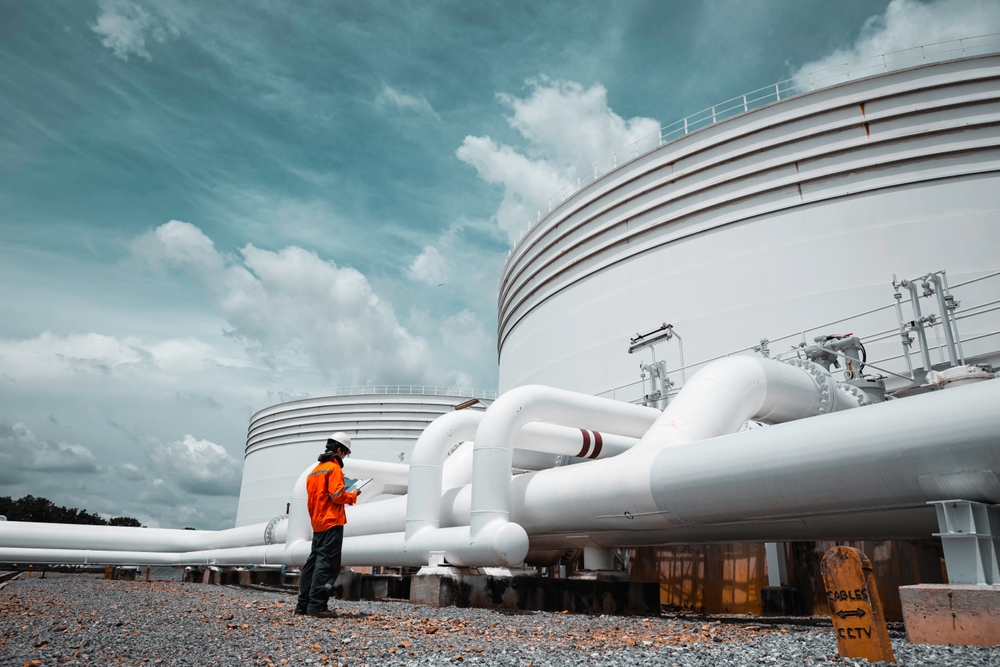
.jpg)
This course focuses on the petrophysics of reservoir fluids and reservoir rocks, particularly those properties in which the relevance to reservoir dynamics is the greatest. The students will gain experience in estimating fluid saturations, rock permeability and porosity, which are unavoidable in enhancing the management of reservoirs and the recovery of hydrocarbons.
| City | Start Date | End Date | Fees | Register | Enquire | Download |
|---|---|---|---|---|---|---|
| Kuala Lumpur | 23-06-2025 | 27-06-2025 | 4950 $ | Register | Enquire | |
| Prague | 07-07-2025 | 11-07-2025 | 6200 $ | Register | Enquire | |
| Manama | 14-07-2025 | 18-07-2025 | 4400 $ | Register | Enquire | |
| Krakow | 21-07-2025 | 25-07-2025 | 6200 $ | Register | Enquire | |
| Amman | 28-07-2025 | 01-08-2025 | 3950 $ | Register | Enquire | |
| Casablanca | 04-08-2025 | 08-08-2025 | 4950 $ | Register | Enquire | |
| Paris | 11-08-2025 | 15-08-2025 | 6200 $ | Register | Enquire | |
| London | 18-08-2025 | 22-08-2025 | 6200 $ | Register | Enquire | |
| Manama | 01-09-2025 | 05-09-2025 | 4400 $ | Register | Enquire | |
| Dubai | 08-09-2025 | 12-09-2025 | 4300 $ | Register | Enquire | |
| London | 15-09-2025 | 19-09-2025 | 6200 $ | Register | Enquire | |
| Kuala Lumpur | 22-09-2025 | 26-09-2025 | 4950 $ | Register | Enquire | |
| Casablanca | 29-09-2025 | 03-10-2025 | 4950 $ | Register | Enquire | |
| Casablanca | 06-10-2025 | 10-10-2025 | 4950 $ | Register | Enquire | |
| Madrid | 20-10-2025 | 24-10-2025 | 6200 $ | Register | Enquire | |
| Krakow | 03-11-2025 | 07-11-2025 | 6200 $ | Register | Enquire | |
| London | 10-11-2025 | 14-11-2025 | 6200 $ | Register | Enquire | |
| Jakarta | 17-11-2025 | 21-11-2025 | 4950 $ | Register | Enquire | |
| Istanbul | 01-12-2025 | 05-12-2025 | 4950 $ | Register | Enquire | |
| Kuala Lumpur | 08-12-2025 | 12-12-2025 | 4950 $ | Register | Enquire | |
| Dubai | 15-12-2025 | 19-12-2025 | 4300 $ | Register | Enquire | |
| Cairo | 22-12-2025 | 26-12-2025 | 3950 $ | Register | Enquire | |
| Milan | 29-12-2025 | 02-01-2026 | 6200 $ | Register | Enquire |
This course on the analysis of reservoir fluid and rock and its application in the oil and gas industry equips students with the skills to accurately measure reservoir characteristics. It covers essential topics such as profiling the chemical composition of hydrocarbons, conducting laboratory PVT tests, and implementing quality control measures. Participants will gain the ability to appraise and make decisions regarding fluid and rock properties in geosciences.
The course also focuses on reservoir characterization, utilizing computer-based predictions of physical properties that integrate core analysis data from wireline logs and well data for specific calculations. By employing modern petrophysical diagnostics, students will gain precise estimations of reservoir rock properties and their interaction with interfacial density.
Upon completion of this reservoir fluid and rock analysis course, participants will be able to:
Unit 1: Reservoir Fluids and their Behavior:
Unit 2: Properties of Reservoir Fluids (1 Day):
Unit 3: Reservoir Fluids Sampling and Analysis, PVT Reports and Application (1 Day):
Unit 4: Introduction to Reservoir Core Analysis and Measurement of Porosity (1 Day):
Unit 5: Permeability, Saturation, and Capillary Pressure Measurements (1 Day):

.jpg)
.jpg)
.jpg)















